Between 2,500 and 3,000 manufacturing enterprises in the Pearl River Delta will close this year as the region reacts to difficult economic times, an industry official announced recently. The recent closings of a Korean toymaker, Dongguan Suyi Toy Company Ltd., and Dingjia Knitting Company have caused growing fears of widespread bankruptcy in the area.
Danny Lau Tat-pong, Chairman of the Hong Kong Association of Small and Medium Enterprises, said on July 21 that, seven years ago, there were nearly 80,000 businesses owned by Hong Kong residents in the region—but now the luster is gone.
After the 2008 financial crunch only 39,000 companies were left standing by the start of 2010, a number that now stands at 35,000. Facing less demand for China-made goods overseas, the yuan’s appreciation, and rising labor costs, businesses haven’t been able to survive.
Dongguan, one of Guangdong Province’s manufacturing hubs, saw protests outside a municipal government building on July 19 as 200 workers from Dongguan Suyi Toys, which had employed 470 people, demand unpaid wages and assistance. The city’s Vice-Mayor has characterized the current difficulties as “no less than during the financial crisis.”
Having invested in China for 20 years, Lau can sympathize with the difficulties that Hong Kong-owned industries are facing. He said that in the past ten months labor costs have risen 45 percent, while volatile fluctuations in the prices of materials and goods destabilize and threaten operations. China’s formerly favorable policies to Taiwan and Hong Kong businessmen have also been partially sidelined.
On top of that, private industries in mainland China are encouraged by the communist regime to compete with foreign industries, trapping Taiwan and Hong Kong merchants in attacks from both the front and rear.
Having come to the Pearl River Delta to access China’s low labor costs, Hong Kong-owned industries are engaged in low-cost and less technical content manufacture. Now faced with competition from local companies’ low-priced goods, struggling Hong Kong companies may be forced to close.
Lau spoke frankly: manufacturers in his Association “had their backs to the wall,” he said. “It is not just difficult, but extremely difficult.”
Read the original Chinese article.
[email protected]
Hong Kong Companies in China Face Tough Times
Between 2,500 and 3,000 manufacturing enterprises in the Pearl River Delta will close this year.
By Li Zhen
7/22/2011
Updated: 10/1/2015
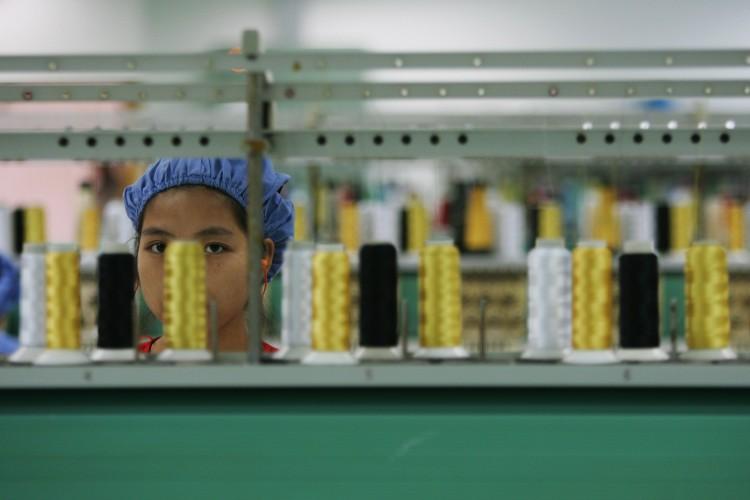
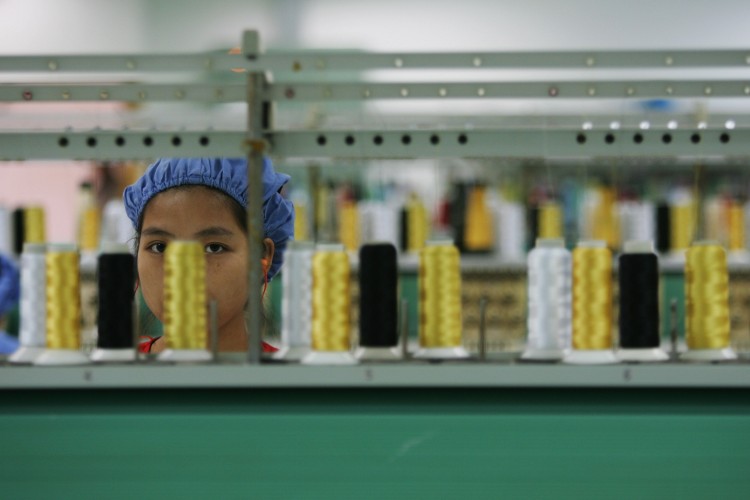
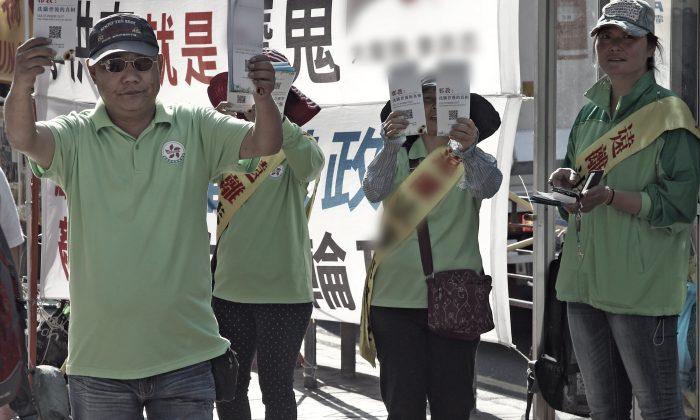
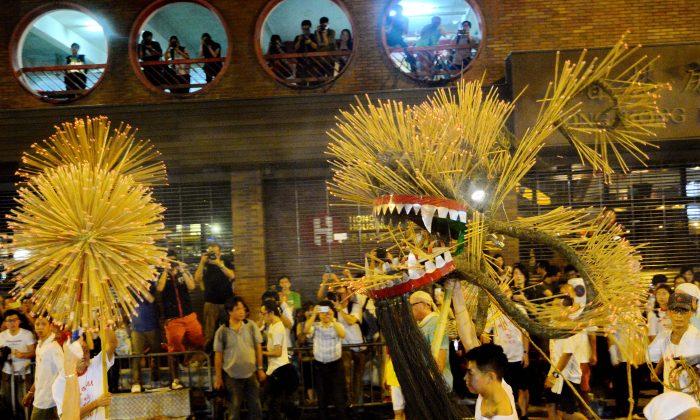

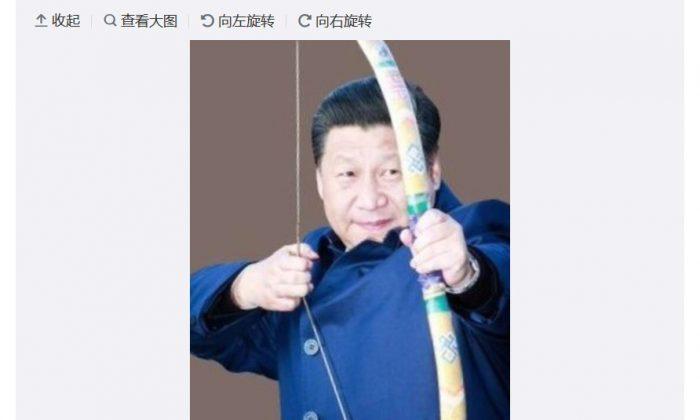
Friends Read Free